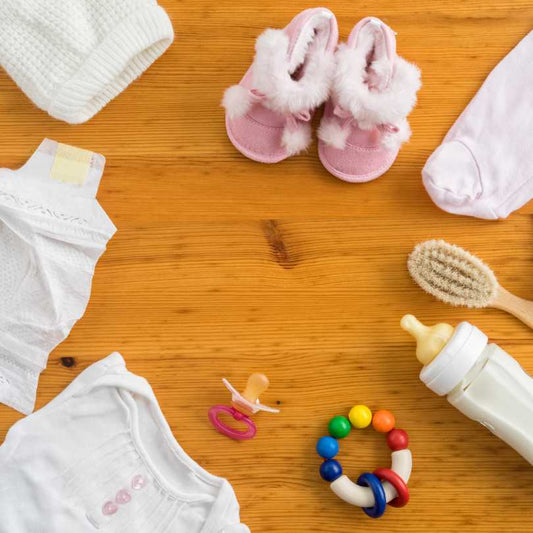
The postpartum period can be challenging due to a variety of factors. Here are some of the emotional and physical stresses new mothers may experience:
Emotionally:
- Postpartum depression or anxiety: Some women struggle with depression or anxiety after giving birth.
- Overwhelm: The responsibility for a new life can be overwhelming and lead to stress and overwhelm.
- Isolation: A lack of social contact and support can lead to feelings of loneliness and isolation.
Physically:
- Lack of sleep: Breastfeeding and caring for a new baby can lead to significant sleep deprivation.
- Physical exhaustion: The exertions of pregnancy and childbirth, as well as the continuous care of a baby, can lead to physical exhaustion.
- Changes in the body: After birth, changes in the body can occur, such as z.B. Incontinence, weight gain and hormonal fluctuations.
The pressure to do everything right is another challenge for new mothers. This pressure can come from various sources, such as z.B. from society, family, friends and also from oneself and can lead to feelings of being overwhelmed, guilt and inadequacy.
It's important to recognize that there is no perfect mother or perfect way to raise a child. Every mother makes mistakes and learns from her own experience. It's important to free yourself from the pressure to do everything perfectly and instead listen to your own intuition and the needs of your child.
It can be helpful to connect with other mothers to see that you're not alone and to get support and advice. It can also be helpful to seek professional help if you feel like you can't handle the pressure on your own.
It is important to recognize that these challenges are normal and that there is support and resources available to overcome them.
These 6 tips will help you overcome the challenges of motherhood!

-
Don't push yourself: It's important to understand that it's okay to take time to recover after giving birth. You've just become a mother, and your body has been through a lot. It's important to rest and take care of yourself to ensure you're ready for the challenges of motherhood.
-
Ask for help: It's important not to do everything alone. It's okay to ask for help if you need it. Family and friends are often willing to help, especially when it comes to supporting the baby. Consider who in your life might be willing to help you, and don't hesitate to ask for their support.
-
Stay organized: A calendar or to-do list can help you manage all your important appointments and tasks. Use these tools to ensure you stay on track and get everything you need to do done done.
-
Take care of yourself: It's important to take time for yourself to rest and relax. Whether it's exercising, meditating, or simply spending time with friends, taking care of your needs is essential to being a strong and happy mother.
-
Connect with other moms: It can be helpful to connect with other moms and share their experiences and tips. Consider what mom groups are available in your area or search online for ways to connect.
- Be patient with yourself: It's important to understand that it's normal to experience challenges when becoming a mother for the first time. Give yourself time to adjust to your new role and be patient with yourself. Forgive yourself for mistakes and celebrate your progress, even if it's small. Remind yourself that every day is an opportunity to improve and be a happier mother.




